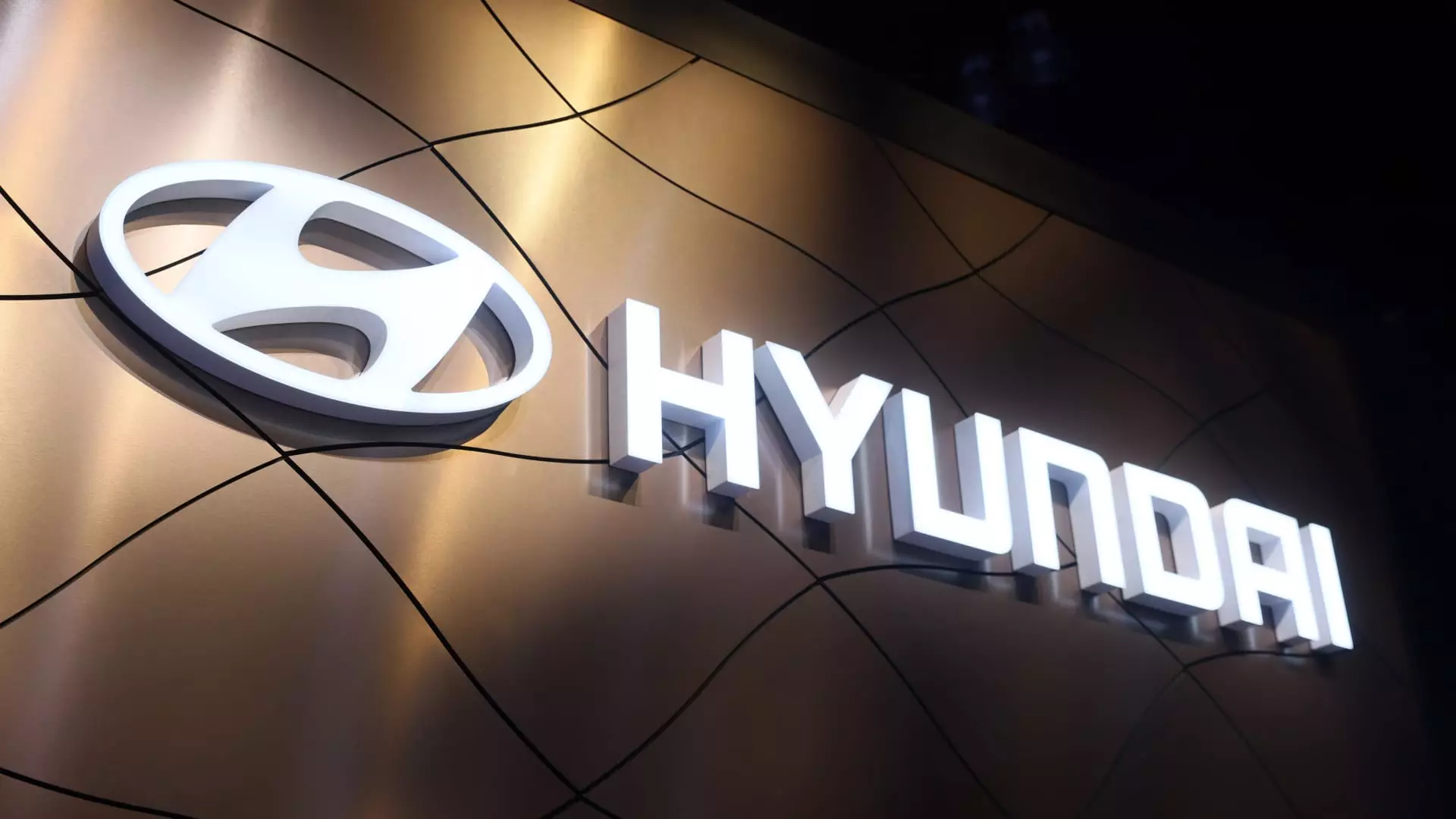In a significant development for automotive safety, Hyundai Motor North America recently announced a recall affecting over 42,000 vehicles due to a serious wiring issue. This decision, communicated through the National Highway Traffic Safety Administration (NHTSA), highlights broader concerns regarding vehicle safety and manufacturer accountability in the automotive industry. Among the affected models are the 2025 Hyundai Santa Cruz and Hyundai Tucson, both of which are critical offerings for the company, raising questions about Hyundai’s manufacturing practices and quality control.
The major issue identified in the recalled vehicles pertains to their transmission systems, which could shift out of “park” without the necessity of pressing the brake pedal. This malfunction is particularly concerning as it poses an elevated risk of the vehicles unexpectedly rolling away, which could lead to crashes and injuries. The NHTSA has flagged all 2025 Santa Cruz and Tucson vehicles sold in the United States, with more than 35,500 Tucson units and approximately 6,900 Santa Cruz trucks targeted in this recall. The estimated rate of defect occurrence stands at about 1% of these models—a statistic that, while seemingly low, can still result in numerous incidents given the substantial quantity of vehicles involved.
In light of the active recall, the NHTSA has advised vehicle owners to utilize the parking brake as a precautionary measure while driving these vehicles. This interim advice illustrates the urgency of the situation, emphasizing that until the issue is rectified—via a planned rerouting of the problematic wiring assembly—owners must remain vigilant. Dealers will perform this corrective action free of charge, highlighting Hyundai’s attempt to mitigate risk and manage customer relations effectively.
Hyundai is expected to send out notification letters to affected owners on January 19, 2025, detailing the next steps for rectifying the issue. The proactive approach taken in informing consumers reflects a growing trend among manufacturers to enhance transparency and foster trust, especially in the wake of increased scrutiny regarding safety recalls.
The complications associated with the Tucson and Santa Cruz models were initially brought to light in late October when a report indicated that a corporate fleet vehicle spontaneously rolled away. This concern prompted an immediate investigation that ultimately revealed a more widespread issue, prompting Hyundai to expand the scope of the recall in early November following further examinations. The quick response by Hyundai, including the mobilization of the North America Safety Decision Authority, illustrates the company’s recognition of potential liabilities and its commitment to consumer safety.
This incident is not an isolated one; Hyundai is currently grappling with a separate recall affecting more than 145,000 electric vehicles, specifically the Genesis and IONIQ models. This recall was initiated to address deficiencies in the Integrated Charging Control Units (ICCU), which could malfunction and prevent proper battery charging. Such repeated recalls raise questions regarding the quality assurance protocols in place at Hyundai and the potential implications for future sales, as consumer trust can easily be eroded by such safety concerns.
The current recall involving Hyundai vehicles underscores a significant issue within the automotive industry: the balance between innovation and safety. As manufacturers rush to incorporate advanced technology and design, the importance of rigorous testing and quality assurance cannot be overstated. While Hyundai’s swift response to the wiring issue is commendable, it also highlights the urgent need for more robust safety measures to prevent such situations from occurring in the future.
For consumers, the implications of this recall suggest a need for vigilance when it comes to vehicle safety ratings and the history of recalls associated with various models. As Hyundai works to rectify these issues, it remains incumbent upon the industry as a whole to prioritize consumer safety above all, ensuring that the vehicles they manufacture can truly be trusted to operate flawlessly on the road.

Leave a Reply